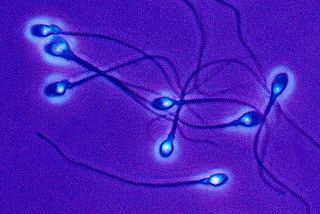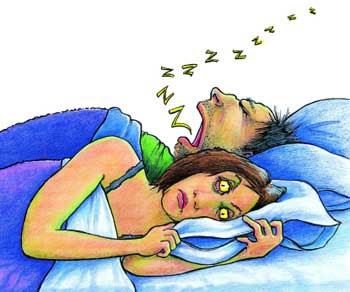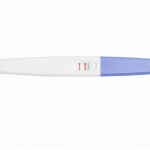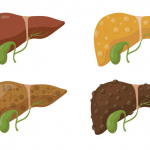While the temperature of caffeinated beverages may vary, there is no doubt that this debate is hot! The question is: does caffeine contribute to elevated blood sugars in diabetes, or could caffeine consumption help to prevent diabetes?
The caffeine – diabetes debate has proven to be quite a complicated issue. Studies looking at general populations have shown that higher regular consumption of coffee or tea is associated with a lower risk of type 2 diabetes. However, short term laboratory studies have shown that caffeine decreases our sensitivity to insulin, causing blood sugars to climb, thereby suggesting that caffeine may increase the risk or severity of type 2 diabetes. Throw into the mix the fact that many caffeinated beverages are sweetened with sugar, and throw also into the mix that we still don’t have a clear picture of the effect of sweeteners on metabolism. Now there’s a muddied…muddled… venti triple shot…. decaf (or caf?)…. something.
A recent study is the latest of many that has tried to clarify the relationship between caffeine and diabetes. The study, by Bhupathiraju and colleagues, is impressive in its size – they examined data from over 100,000 people over the span of 25 years. They reported the following:
1. BOTH caffeinated coffee, AND decaffeinated coffee, was associated with a lower risk of developing type 2 diabetes in men and women:
- for men, there was a 4% decreased risk for caffeinated coffee, and a 7% decreased risk for decaf coffee drinkers
- for women, there was an 8% decreased risk for both caffeinated coffee and also 8% decreased risk for decaf coffee
2. For females who drink caffeinated tea, there was a 5% decreased risk of diabetes. There was no effect for decaf tea, and no effect for any kind of tea for men.
3. Sugar sweetened beverage consumption was associated with an increased risk of type 2 diabetes, but the risk depending on whether or not they were caffeinated was different between men and women.
- For women, the risk of diabetes was 13% higher for caffeinated sugary beverages, but only 11% higher for decaffeinated sugary beverages.
- For men, it was opposite: the risk of diabetes was 16% higher for caffeinated sugary beverages, and 23% higher for decaf sugary drinks.
4. Replacing caffeinated, carbonated beverages with coffee or tea was associated with a lower risk of diabetes.
5. Replacing decaf carbonated beverages with decaf coffee was associated with a lower risk of diabetes.
6. In women, artificially sweetened, non caffeinated beverages were associated with a 6% higher risk of diabetes.
Confused?! Yeah, me too. One thing that is clear from this study is that consumption of sugar containing drinks increases the risk of diabetes. It may be that drinking coffee or tea instead of sugary beverages is what decreases the risk of diabetes. The data from this study also brings into question whether sweeteners are best avoided – though the authors note that they had no way of knowing what type or amount of sweeteners were used. Or could there be something else in carbonated/sweetened beverages that is problematic? We don’t know.
So the Bottom Line is: Avoid sugary drinks. As for the relationship between caffeine itself and blood sugars – we still don’t know.
It just struck me – is it ironic that I am sitting in Starbucks writing this blog?
I’m sure you’re eager to know…… in my hand is a grande…. decaf… Americano. 🙂
Dr Sue Pedersen www.drsue.ca © 2012 drsuetalks@gmail.com
Follow me on Twitter for daily tips! @drsuepedersen












